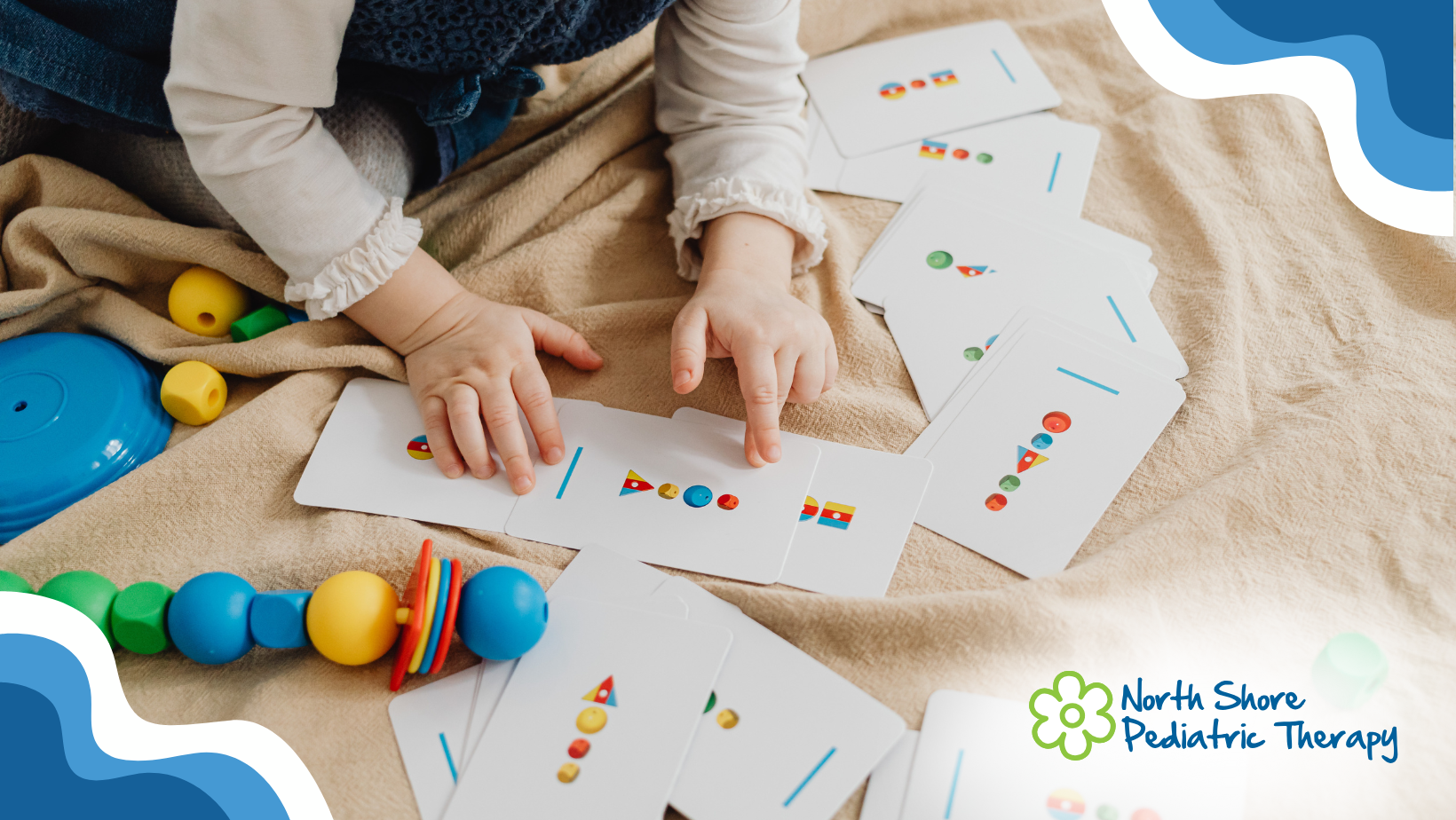WHAT IS THE VESTIBULAR SYSTEM?
The vestibular system detects movement and gravitational pull, and it provides information regarding the position of our head in space and acceleration and deceleration of movement. It is the first sensory system to fully develop in utero and is located in the inner ear. The vestibular system has strong neurological connections in the brain and is a major organizer of varied sensory input.
This system is considered the most influential sensory system and has tremendous impact on one’s ability to function daily. Directly or indirectly, the vestibular system influences nearly everything we do. It is the unifying system in our brain that modifies and coordinates information received from other systems, and it functions like a traffic cop, telling each sensation where and when it should go or stop. Read a blog on the Vestibular Senses by clicking here.
HOW DOES THIS SYSTEM FUNCTION?
This system affects aspects of physical function like posture, balance, movement, coordination, attention, arousal level, impulsivity and behavior. The vestibular system works with tactile, auditory, and visual information to give us our perception of space and our position and orientation within that space. Children affected by poor vestibular processing may be perceived as inattentive, lazy, overly anxious, or seeking attention. They may have trouble reading or doing simple arithmetic. Functioning at school, going out into the community, performing routine daily tasks, or just getting out of bed in the morning may be difficult for children with vestibular difficulties.
WHAT CAUSES POOR VESTIBULAR PROCESSING?
Poor vestibular processing (or vestibular dysfunction) can occur for a variety of reasons; often, however, children develop a vestibular disorder for no known reason. Possible causes for poor vestibular processing include: premature birth and a fairly long period of incubation after birth, exposure to excessive movement or invasive sounds as a fetus or infant, neglect (little handling and moving) during infancy, repeated ear infections or severe ear infections, maternal drug or alcohol abuse during pregnancy, or general developmental delay and immature development of the nervous system.
WHAT ARE SOME SYMPTOMS OF POOR VESTIBULAR PROCESSING?
Symptoms and functional difficulties of poor vestibular processing include:
- Over-arousal or under-arousal
- Excessive movement
- Avoiding movement at all costs
- Difficulty maintaining attention
- Motion sickness (car, boat, airplane), dizziness or nausea caused by watching things move
- Excessive spinning or excessive watching of things spin
- Inability to read or write in cursive
- Decreased auditory processing
- Inability to sustain listening without moving or rocking
- Problems with balance (static or moving) and/or vertigo
- Difficulty walking on uneven ground, and difficulty navigating stairs
- Head banging
- History of traumatic brain injury, shaken child syndrome, ear cuffing, etc.
WHY IS THIS SYSTEM IMPORTANT?
The vestibular system primes the entire nervous system to function effectively by sending messages to the higher centers of the brain. When the influences of vestibular stimuli fail to reach their destinations, they cannot adequately contribute to sensory integration. One result of depressed vestibular processing is hypotonicity (low muscle tone); when this system is not integrating information as it should and muscle tone is decreased, it is difficult to initiate movement or to maintain muscle tension during movement, resulting in significant difficulties in fine/gross and oral motor coordination.
The vestibular system also tells us where we are in relation to the ground, giving us a confidence that if we jump, swing, or somersault, we know we will hit the ground on our way down. This knowledge is called “gravitational security,”and with this basic sense of stability, children develop emotional security.
A child with dysfunctional vestibular processing, who does not possess “gravitational security,” tends to be inflexible, fearful and controlling due to the fact that he lacks control over the world around him and how he moves through it. This child often suffers from social problems as well, as he feels vulnerable to unpredictable situations caused by those around him.
OUR APPROACH AT NORTH SHORE PEDIATRIC THERAPY
At North Shore Pediatric Therapy, we treat poor vestibular processing with occupational therapy. Treatment strategies include bombarding the sensory systems with a variety of intense sensory input through the use of swings, obstacle courses, trampolines, therapy balls, auditory and visual activities that incorporate movement.















